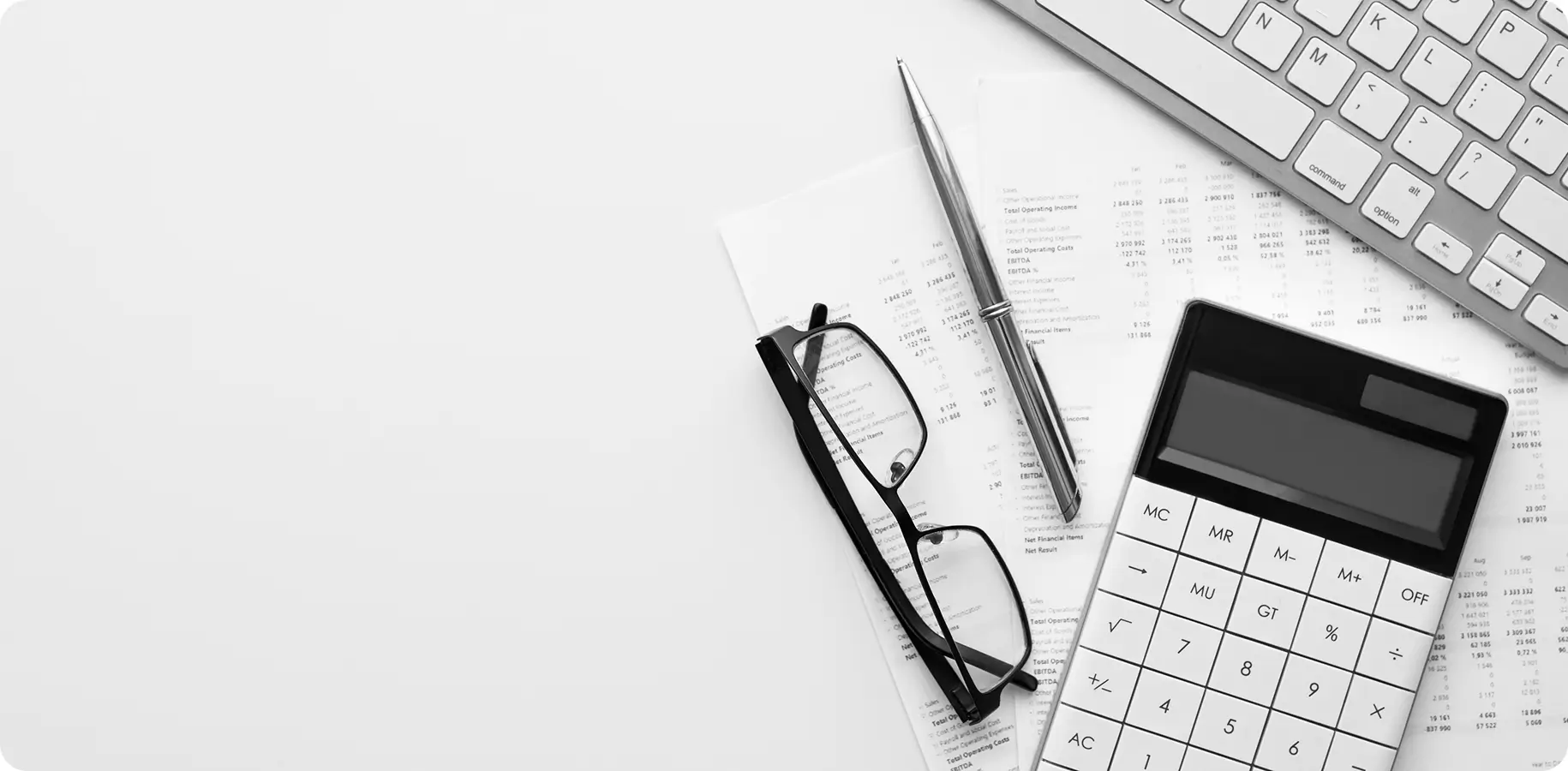Successful prevention of fraud and criminal activities
Professional bookkeeping services and innovative online bookkeeping

What is forensic accounting?
Forensic accounting is one of the areas of accounting that aims to successfully counter fraud and criminal activities. As such, it involves the examination and interpretation of evidence AND facts. Forensic accounting requires an interdisciplinary approach to complex problems through the application of all accounting, auditing, analytical, investigative and other skills and knowledge in clarifying relationships, facts, and economic transactions.
Forensic accountants aim to perceive and clarify complex financial transactions, process complex documentation, analyze cash flows and electronic transactions, and recognize fraudulent actions based on this. Also one of the important tasks of forensic accounting is the orientation to the prevention of fraud.
A forensic audit can detect: Financial fraud. Bankruptcy related fraud. Scams related to tax evasion. Valuation Fraud, Customer and Supplier Relationship Fraud, Procurement Fraud, Inventory and Scalping Fraud, Payroll Fraud, Capital Acquisition and Refund Fraud.
.webp)

What is it that makes a good forensic accountant?
For someone to be a good forensic accountant he must have basic accounting knowledge in addition, he must have multidisciplinary knowledge, which in this case means having at least basic legal and IT knowledge, to know how capital markets work, what are the risks of corrupt actions and the like. He must pay attention to trifles, thoroughly analyze data, have excellent communication skills, possess professional skepticism during work. A quality forensic accountant must have credibility and integrity which, among other things, means that he has adopted high ethical norms of behavior. Forensic accountants need to know more than those who commit fraud.
Contact usWhy has forensic accounting become necessary in modern business?
Statistics show that one in three businesses is a victim of fraud, the cost of fraud is a minimum of 5% of revenue, while the value of the average fraud is $1.78 million. Of course the scam lasts longer the losses are getting bigger. About 58% of companies never recover their loss due to committing fraud. On average, scams are only discovered after 18 months, and a large number of scammers are never detected.
Also if we know that scams can be AGAINST the organization — which can include sellers, customers, suppliers, contractors AND competitors who bribe employees AND fraud WITHIN the organization — carried out by senior managers employed by the organization, it is clear that everyone can attempt fraud.
.webp)
.webp)
Who can be a beneficiary of forensic accounting?
Forensic accounting is used by owners of capital i.e. founders of companies, directors of companies, courts, various state agencies, administrations and organizations, public enterprises, lawyers, insurance companies, banks, tax authorities and others.
What can forensic accounting services be used for?
You can avail of forensic audit services to:
Detection of various news scams, such as false financial reporting, anti-misappropriation of funds or corruption
Fraud that in the financial statements refers to certain cycles such as: sales and receivables; Purchasing and payment; Inventories; Payment of wages; Obtaining capital And refunds
Detailed analysis of your business partners and potential cooperation and making recommendations
Support during the procurement process in order to avoid fraud and achieve savings
Support when participating in negotiations with partners and potential clients

